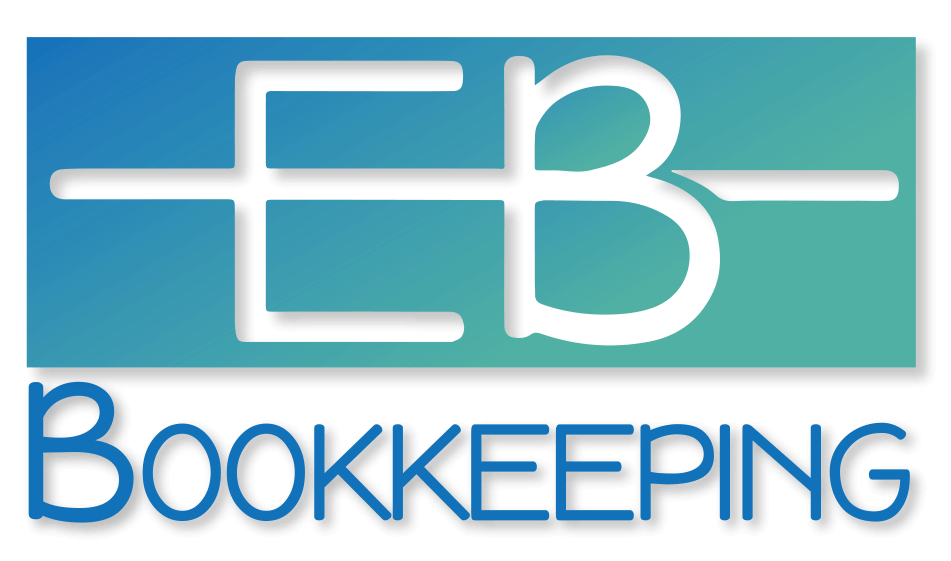If you’re thinking of outsourcing your bookkeeping requirements, you might feel like the cost of outsourcing this service is a bitter pill to swallow, particularly if you have been managing your financial tasks yourself up until now.
Proper bookkeeping will help you:
1. Keep track of your expenses
If you sell goods on the side or use your skills to make extra money, and you earn more than £1,000 in any given tax year from doing so, you will need to declare this additional income to HMRC.
This is because you will be going over what’s called your trading allowance (which is a maximum of £1,000 per person, outside your regular employment).
It has always been this way – but up until now, a lot of people either haven’t been aware of the rules or have purposely evaded paying tax on their additional earnings.
2. See how certain areas of your business are performing
By assigning expenses to specific projects or departments, you can get a clear birds’ eye view of which ventures are the most profitable, and which ones might be generating lower returns than you thought.
If any of your business’s functions are just about breaking even, or perhaps making a loss, you know it’s time to reconsider how and where you spend your money for the best returns.
3. Identify duplicate transactions
Double payments happen! And this works both ways, too – as well as paying a supplier twice by mistake, sometimes you might receive overpayments from your own customers, too. Any transactions that have been made in error need to be rectified as soon as possible so your records remain accurate, and you can say with confidence that nobody is out of pocket, including you. And, being able to claim back what is owed to you in good time will keep cash flowing nicely and help you build a business that remains in good financial health.
4. Identify room for negotiation with suppliers
Noticed that a regular payment has increased? Concerned that a certain line of expenditure is digging too much of a hole into your finances? Bookkeeping will help you work out where your money is going – but from there, you can evaluate whether you are paying a justifiable fee for your business’s products, services and utilities, or whether it might be worth contacting your suppliers to renegotiate contract terms and costs.
More often than not, suppliers will be willing to have a conversation and agree a reasonable way forward, particularly if you have had a positive relationship with them for a long time. If there’s no wiggle room with them, at least you know where you stand – and you can look for another provider who can offer you a better deal!
5. Stay on top of your tax obligations – and avoid hefty fines
Now this might seem a bit counter-intuitive, because tax is technically an outgoing, right? Well, this is true. There’s no way to get around paying the tax you owe. But if your books aren’t accurate, your tax calculations will be way off – and if HMRC gets wind of this, you may be subjected to fines. Good bookkeeping will support cost savings in this area by ensuring you avoid extra charges and penalties.
A bookkeeper will also make sure all relevant tax-deductible costs have been recorded properly and offset against your earnings, so your tax bill is as low as possible.
Bookkeeping is about more than recording what’s going in and out of your bank account. It enables you to leverage your financial records intelligently, for the greater good of your business.

